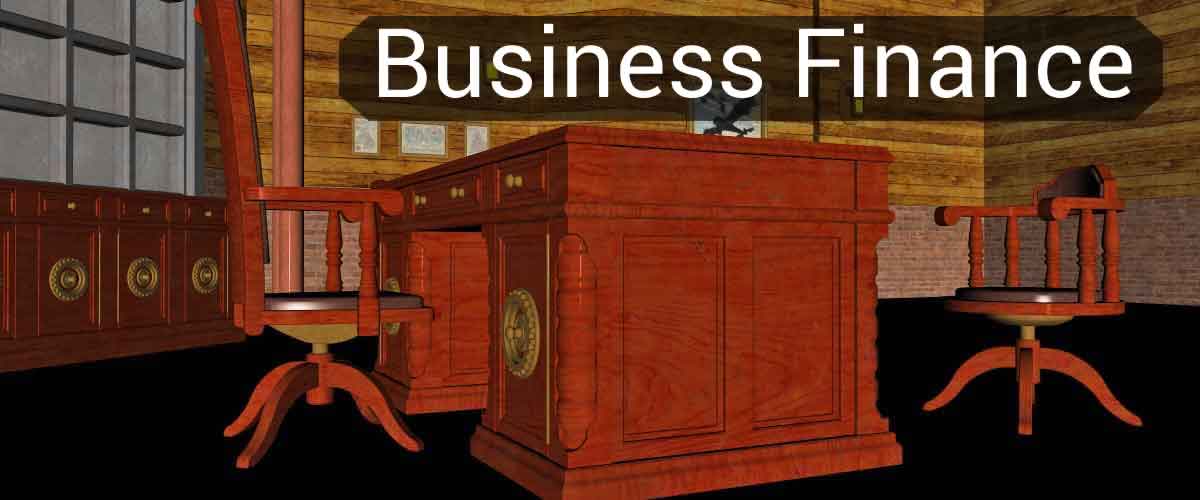|

The
Fundamentals of Invoice Factoring
Your small
business has been doing well since you started but a
time comes, and you hit a rough patch. Suddenly, there
is a cash flow challenge, and you need a fast solution
to help with the company’s expenses for the next two
weeks. A business associate recommends invoice
factoring, refers you to fastinvoicefinance.com, and you contemplate its suitability. Think of
invoice factoring as a faster alternative to a bank
loan. What happens is that a company with outstanding
invoices uses them as collateral to get money from an
invoice factoring institution. Invoices can be due in
30, 60 or 90 days. In this process, there is you, who
issued the accountant receivables, the financial entity
that will be responsible for the financing, called the
factor and the client that owes the invoices called the
debtor.
Suitability
Lagging behind on expenses is
unacceptable, and sometimes not a lot of financing
options are available to companies. Imagine having to
delay the payroll because a corporate client is due to
make payments yet. By using a factoring company, you can
avoid ending up in sticky situations like running out of
money to pay the internet or electricity bills. Invoice
factoring may be just what you need to capitalise on an
expansion opportunity that just presented itself
suddenly.
The Long of It
Invoices are issued when a company
delivers goods or services to a client. Now, what you do
is sell that invoice to a factor. The finance company
pays a certain percentage of the money. There is an
advance payment that depends on many aspects, but you
can expect between 70-90%. There is also a fee that is
paid to the factor, usually between 1-5%. This fee is
dependent upon various elements like the value of the
invoice and the creditworthiness of the client. It means
that the total amount of cash you get from the factor
will be less the discount fee. The factor then collects
the invoice from your customer and pays the remainder of
the money. If you had intentions of taking in more work
or maybe purchasing material for your hardware business,
such an arrangement makes it possible.
Uninterrupted Business
Using invoice factoring to finance
expenses has its advantages. Perhaps the most important
one is that you can keep business operations going. A
cash flow problem can stall many things like payroll,
material purchases or paying for overhead expenses. With
invoice factoring, you have less stress and more focus
for your business.
No Long Waits
Invoice factoring companies work
very fast. You can apply and get your money in a span of
3-4 days. Even when you have to wait long, it doesn’t
take more than a week. If you are lucky to find a factor
that allows electronic applications, then the approval
process period is even shorter. Compared to other
lending alternatives such as banks, you don’t have to
put things on hold until the loan approval goes through.
Exercising Caution
B2B and B2G businesses that seek the
services of a factor should exercise caution. One
drawback of working with a factoring company is getting
sucked into a long-term contract that doesn’t benefit
your business. Understanding penalties and monthly
minimums is critical when using a factor. Take the time
to learn more about how factoring companies operate and
the best way to pick a suitable one.
©
Baltic21.org 2013, All Rights Reserved |